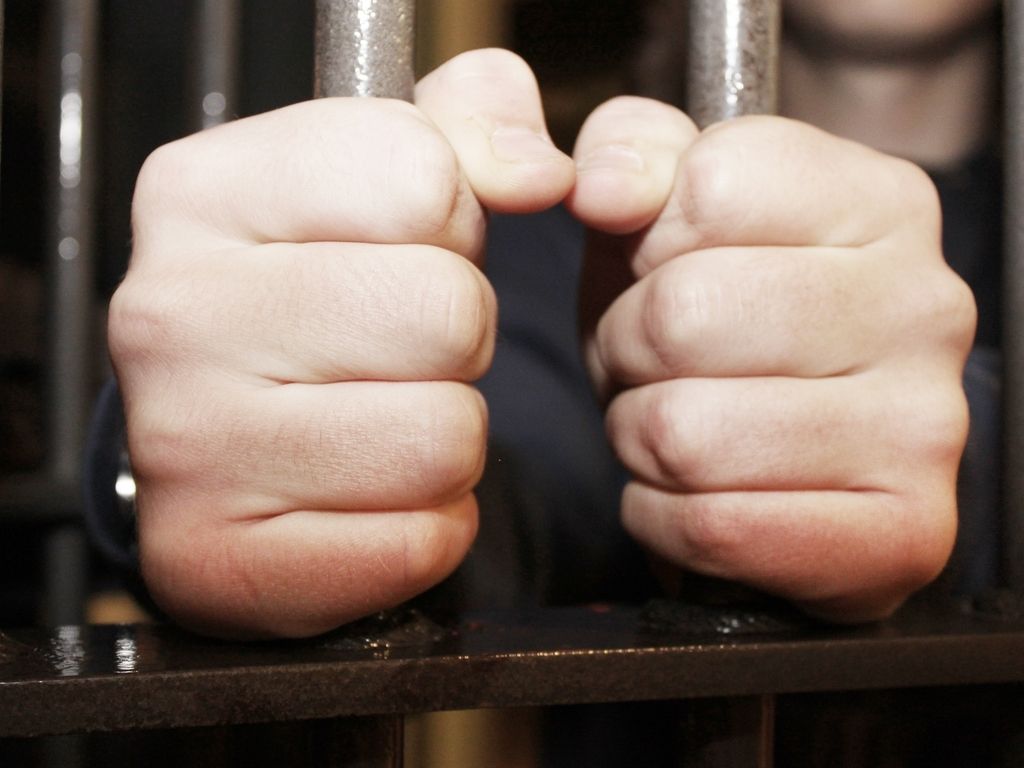The Bottom Line is that Hazing Can Get You Jail Time

Initiation processes among fraternal organizations aren’t a new thing. In the meantime, there’s something you might already know. Pennsylvania law frowns on hazing as a result of some serious incidents. In fact, if you’re accused of it, you should be worried about the prospect of jail time.
You may recall one of the most alarming hazing stories to hit the Commonwealth. In early 2017, a Penn State fraternity pledge fell down multiple times and ultimately died. Before his fall, he drank heavily as part of the bid acceptance ceremony.
Some fraternity brothers pled guilty to their involvement in hazing their fellow Beta Theta Pi member. However, three stood trial and were sentenced to jail earlier this month.
Hazing isn’t just a rite of passage for fraternities and sororities. In fact, three years ago, authorities investigated hazing allegations associated with the University of Scranton’s swim teams. As a result of the events, both the Women’s and Men’s teams experienced both suspension and probation.
The 2017 Penn State incident brought legislative change. In Pennsylvania, hazing now represents a felony offense.
PA Law on Hazing
The exact language of the law of hazing appears in the Education title of the Pennsylvania Statutes. To begin with, you should understand the definition of the term itself. Charges involve initiation processes that “recklessly or intentionally” harm someone else or public or private properties. Some examples of these activities include:
- Whipping, beating, branding an individual
- Compelling someone to do calisthenics
- Unhealthy exposure to the elements
- Forcing someone to consume food, liquor, drugs, or something else
- Sleep deprivation
In the meantime, the law actually spells out more activities that might be deemed as related to hazing. On their own, any of these events could be considered an issue. However, when used in conjunction with admission to or affiliation with an organization, they become a felony offense.
The Act became law in November of 2018. At the beginning of 2019, colleges and universities gave their initial report of hazing activities. The law requires that schools update their finding in a report on August 1 of each year.
Hazing: Still a Reality
Parents who send their young adults off to school in any of the Commonwealth’s colleges and universities need to be aware that hazing still exists. According to a news report from the beginning of the year, a number of institutions reported an investigation of these types of activities. These included:
- Penn State – 31 incidents
- University of Pittsburg – 19 incidents
- Duquesne University – 7 incidents
- Carnegie Mellon – 3 incidents
Depending on the likelihood of bodily injury, hazing may be classified as a misdemeanor of the third degree. It rises to the level of a felony offense when someone dies or suffers serious bodily injury.
Contact Us
If you or a loved one is facing charges for hazing, you need an experienced criminal defense attorney. At Mazzoni Valvano Szewczyk & Karam, our legal team includes a former District Attorney and a former Chief Public Defender. Contact us to schedule an appointment to see how we can assist you.

